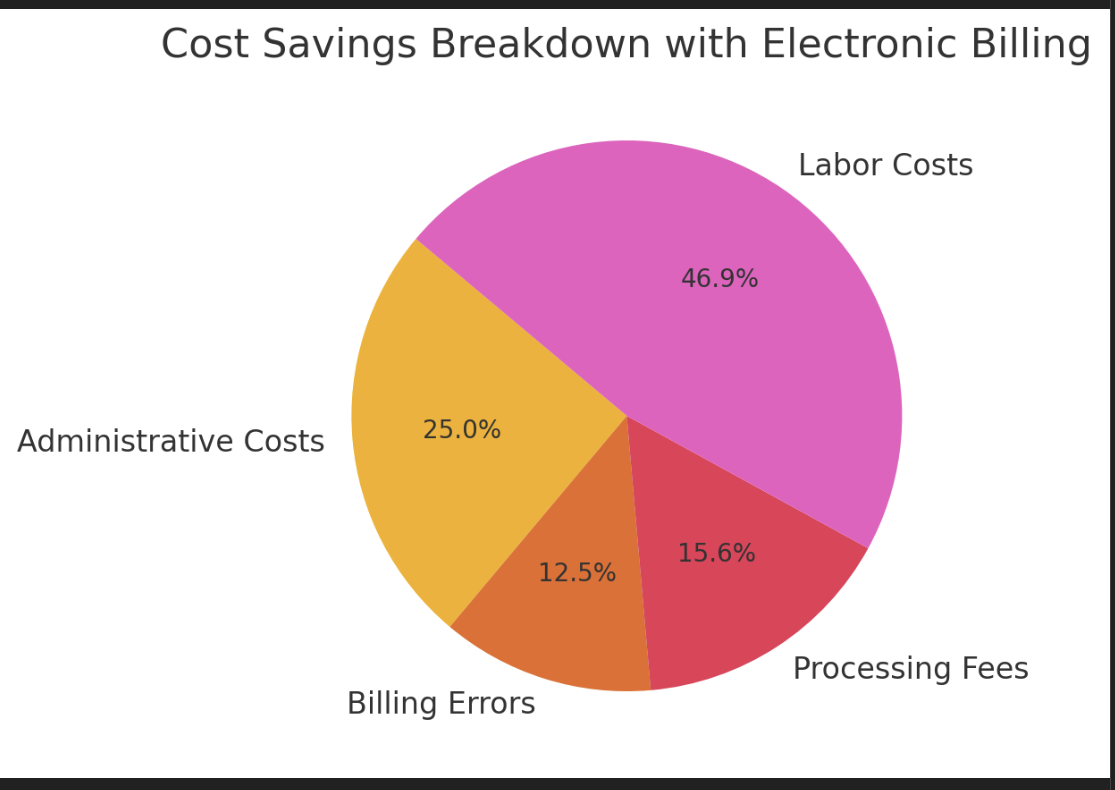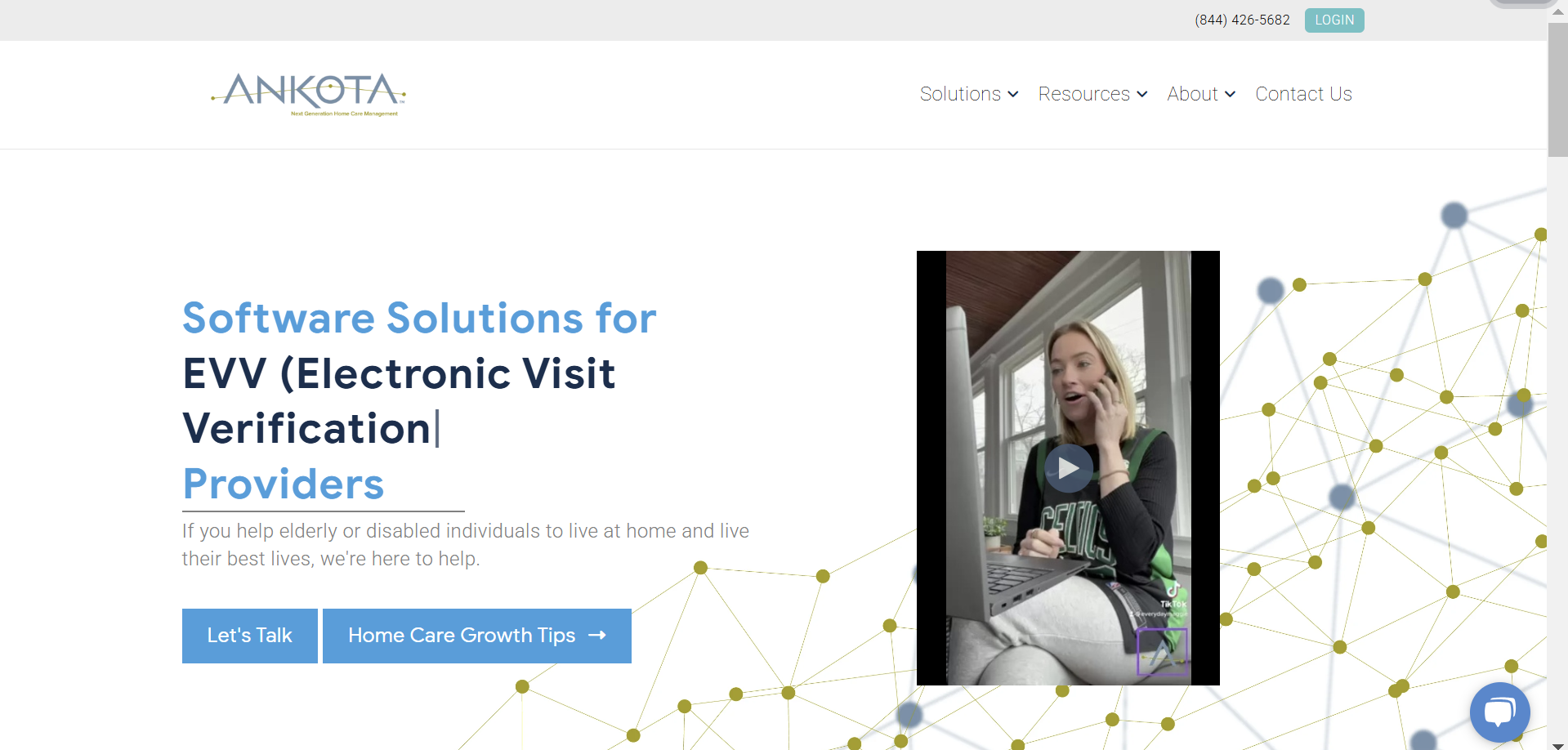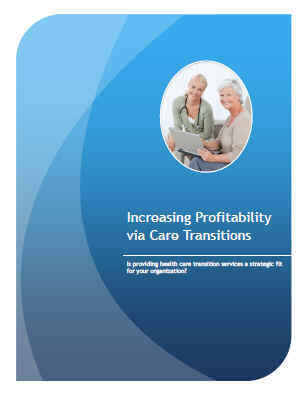A lot of home care agencies start with a single person becoming a great caregiver for a family member or neighbor. Then people come to know what great care the person is receiving and the caregiver is asked if they can take on a second person. This unfortunately has a limit because one person can only provide a limited amount of care. But then that person starts hiring others and shifting from a caregiver to a home care agency owner. They learn how to do the administrative tasks out of necessity and it's often the case that they do their billing, payroll and other administrative tasks manually.
As early as the 1990s there have been time-tracking systems for home care. Before smart-phones, many agencies used a dial in system (with the funny name "telephony"). Telephony is still popular but most agencies and most caregiving calls are clocked-in and clocked-out on a mobile app.
Having electronic time records means that you can do your billing and payroll electronically, and Electronic Billing is critical for scaling a home care agency. Once you're billing electronically, you can also receive and track payments electronically.
The use of electronic billing puts home care providers in a good position to have timely payments while meeting the regulatory laws and thus sustaining the health care providers in the future.
Understanding Electronic Billing for Home Care
Therefore, electronic billing in-home care is indicated by the use of paperless systems in managing bills, revenue, or data on monies due and received. These systems take the place of conventional paper-based processes that are traditionally characterized by a long time and a high percentage of errors. Electronic billing is a fairly comprehensive system that can digitalize most of the procedures associated with billing, from generating correct bills and возмещении them to timely payments.
For home care providers, electronic billing systems bring a sense of relief from manual tasks. These systems simplify Medicaid and private pay billing calculations, ensuring compliance with state and federal laws. By handling many tasks in real-time, they expedite payment collection, stabilize cash flows, and make businesses more efficient. Importantly, these systems eliminate the frequent mistakes associated with manual billing methods, such as double billing or omission of bills, promoting a sense of reliability and productivity.
Another strength of electronic billing is its seamless integration with other core software applications like planning, EVV, and payroll. This integration forms an efficient, integrated system that improves data quality, simplifies administrative tasks, and frees up providers' time. The convenience of this integration makes home care providers feel more at ease and in control of their operations, allowing them to focus on providing high-quality care.
Broader Aspects of Financial Management in Home Care
In-home care service organizational functions are limited to the billing department and involve payroll, budgeting, and financial reporting. These broader aspects are, in turn, supported by a balanced electronic billing system that provides tools for improving the degree of insight into organizational financials. These systems are useful because they give administrators detailed financial reports that help them allocate resources and personnel efficiently and set reasonable service fees.
For example, payroll management is an area that can derive large advantages from the use of electronic billing systems. Combined with correct configuring of hours worked, visit verification, and reimbursement rates; such systems guarantee that the caregivers are fairly paid on time. It also helps to increase staff content and maintain personnel stability, which is key to the profitability of home care organizations.
Electronic billing has special benefits when it comes to budgeting too. Financial information is now available online and permits administrators to draw exacting budgets for present running costs and forecasts for future operations. Such a level of financial reporting is beneficial in aiding organizations in negotiating resources, spending out rightly, and planning strategically for development contingencies.
Another thing to consider is that adherence to Medicaid and Medicare and other legal requirements thus forms a core of the financial management in home care. EBSystems have compliance built in features like automated submission of claims and checks for errors that comply with intricate regulations. In this way, these systems provide value to home care providers both in terms of financial results and reputation protection from devastating audits and penalties.
Implementing Electronic Billing Systems in Home Care
Regularizing an electronic billing system involves some planning and strategizing per the organization's structure. The first is choosing the right solution to fit the organization's requirements and working model. Among those factors, one could the scale, the ability of the system in question to integrate with other systems, and its interfaces to users. It is crucial that the chosen system will be sufficient to address the existing billing needs of the providers but must be capable of expanding as well.
However, it's important to note that the implementation process may face challenges such as resistance to change and the need for additional training. 
Necessary training and onboarding processes must be done well while implementing the electronic billing systems. The caregivers, administrators, and financial personnel must be conversant with the system to benefit fully from it. Cleanslate training programs and regular reinforcement, as well as the usage of friendly interfaces, make it easy to wean the business from traditional forms of billing and bring it to full automation.
Compatibility with other software applications already in use in an organization is also important in implementation. For instance, integrating the billing system into scheduling and/or EVV platforms can improve the timeliness and accuracy of captured data and minimize duplicated entries. Organizations should also consider cloud-based solutions that come as flexible, scalable, and integrate improved levels of data security.
Lastly, high-quality management of the system requires objective measurements for assessing the performance of the organizations. Such measures may include decreased billing errors, enhanced payment received period, and overall expenses. To some of these KPIs, an experienced home care provider can easily determine the efficiency of the system being delivered and the extent to which it should be adjusted.

Measuring the Impact of Electronic Billing on Financial Management
While EM might profoundly affect other areas of a home care organization, it affects different aspects of financial management. The general careful benefit is enhanced cash flow marked as one of the imperative efficacious gains of substantial aggregate investment. Computerization minimizes time delays in the collection of payments. Hence, money is available to finance enterprise operations. This financial stability can fund staff training, equipment, and all the core areas an organization may need.
Preciseness is another issue to which electronic billing- systems can be positively said to pay good attention. They reduce the chances of human intervention, thus improving the financial data quality used in decision-making and other compliance purposes. Most clients and payors cancan trust the organization since billing is done accurately, strengthening the company's reputation.
It is clear that, along with various advantages, electronic billing helps companies reduce their costs. Making use of such systems reduces manual input and optimizes administrative functions, which, in the process, reduces operational costs. This can lead to significant cost savings over time. Finally, as far as economic data are concerned, real-time access and control provide an opportunity to correct errors and inefficiencies that have occurred at once.
Another indirect yet very important advantage of electronic billing is that this system can make employees happy. Employers and employees benefit from efficiency and decreased encumbrance, resulting in improved well-being of the institution's caregivers and administrative personnel. It is advocated that satisfied employees will continue being part of the organization; this will help cut down on turnover.
Combined, electronic billing systems enhance a more efficient as well as a robust framework of financial management. These strategic systems help home care organizations stay ahead and face various situations that affect their performance by identifying their ready and future financial position.
Conclusion: Current and Future State of Home Care Billing
The increasing market base of home care services makes it almost compulsory to have an electronic billing system in place, more so now than ever before. They make payments more efficient, increase the accuracy of the numbers, and consequently increase the efficiency of operations. When electronic billing is incorporated into the context of additional home care financial management solutions, providers are getting the foundation needed to sustain future growth.
Here, it is helpful to consider that the future of home care billing will lean heavily toward innovation and versatility. AI and ML are already making impacts and they shape the future of financial management in the years to come. It can offer a means to predict a situation, perform a difficult task using technologies, and sharpen decision-making power.
At Ankota, we know the specific needs of home care service providers because we are one with them. Our electronic billing solutions can overcome these challenges, enabling organizations to provide quality care and remain financially sustainable. By implementing the web, home care providers can align themselves for future prosperity by delivering continuous quality services to save people's lives.
Ankota's mission is to enable the Heroes who keep older and disabled people living at home to focus on care because we take care of the tech. If you need software for home care, EVV, I/DD Services, Adult Day Care centers, or Caregiver Recruiting, please Contact Ankota.

.png)
.png)




.png)
.png)


